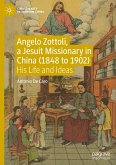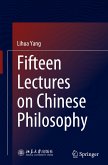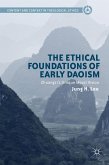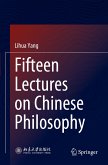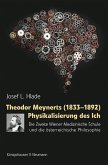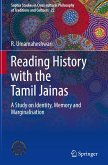This book offers a study of the cosmogonic works by Fr. Angelo Zottoli S.J., a Jesuit missionary who has received relatively little attention by modern scholars, but who deserves a special recognition for his theological and philosophical ideas. More generally, the book aims to shed light on the importance of cosmogony in the cross-cultural and interdisciplinary environment of Xujiahui, the area in modern Shanghai where Zottoli flourished. It shows how through Zottoli's teaching and sermons he was able to reimagine his own cosmogonic ideas, his personality, and his relationship with local Chinese converts. Among Zottoli's most famous students was Ma Xiangbo ( 1840-1939) and Zottoli played a crucial role in Ma's intellectual formation.
A wider familiarity with Zottoli's works is not only interesting in and of itself, but also paves the way to future studies on the complex and multifaceted relationship between European missionaries and Chinese students in Shanghai during the nineteenth century.
A wider familiarity with Zottoli's works is not only interesting in and of itself, but also paves the way to future studies on the complex and multifaceted relationship between European missionaries and Chinese students in Shanghai during the nineteenth century.
"This book explores the life of Angelo Zottoli ... and his cosmological thought. ... The study of Angelo Zottoli's theological and philosophical ideas shows how Zottoli reconceived his cosmology through his teaching and preaching in Shàngh i, revealing the importance of cosmogenesis in the cross-cultural and interdisciplinary context of Zi-ka-wei. The book contributes to the study of both the history of Christianity in China and the history of the development of Christian theology in China." (Wei Xiong, Religious Studies Review, Vol. 49 (2), June, 2023)


